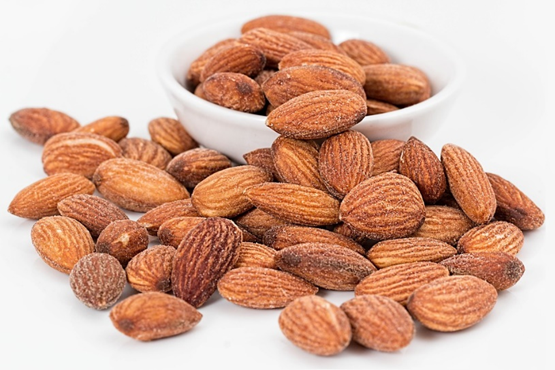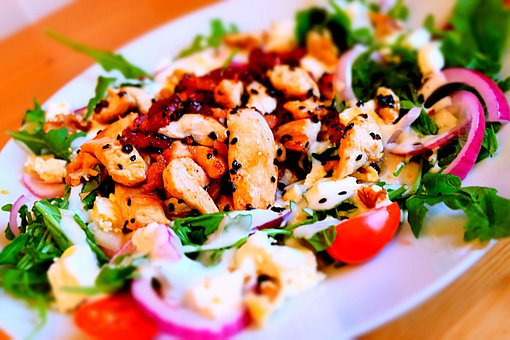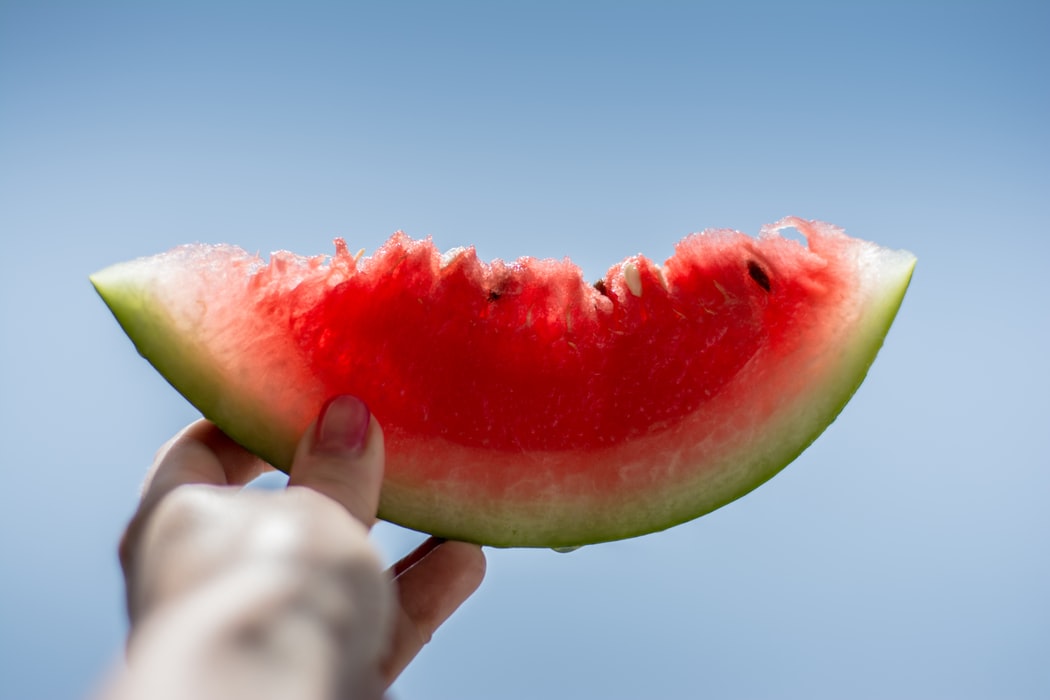Snack options are always tough when you’re trying to be healthy. For those on the go, it may seem impossible to avoid reaching for snacks with high sugar and salt which is why it is strongly suggested to prepare snacks at home before venturing out for the day. Here are some healthy, mess-free snack options ideal for your car, desk, or anywhere else:
1. Mixed Raw Nuts
Mixed raw nuts are a great source of fat, fiber, protein, and vitamin E. Cashews, almonds, pistachios, and walnuts are just a few options that require almost no preparation for easy consumption.
2. Boiled Eggs
Eggs aren’t just for the morning, boil them for about 7 minutes and bring them on-the-go. This low-calorie snack has about 5 grams of protein with ‘healthy fats’ known to lower your LDL (bad) cholesterol.
3. Protein Shakes
There are plenty of ingredients you can put into protein shakes and a large assortment of pre-made drinks to choose from if you’re in a hurry. If you choose to make your own, consider adding whey protein powder, liquids like soymilk or almond milk, and an assortment of fruits such as bananas, strawberries, and apples. This snack is popular among those looking to build muscle with lots of vitamins and minerals.
4. Dried Fruit
Instead of worrying about the temperature of regular fruit and where to store it, pre-packed dried fruit with no added sugar is a great alternative. You can go for blueberries, blackberries or cherries (great for antioxidants), just to name a few.
5. Seeds
Seeds are known for having high levels of fiber with the ability to lower blood pressure and blood sugar. Some great seeds to turn to are flax, hemp, chia, and sesame seeds.






